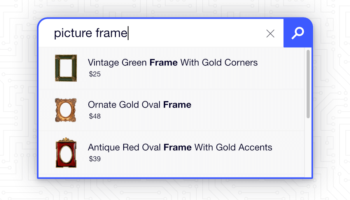It’s a couple days old now, but in case you missed it, the Wall Street Journal featured a great article commemorating the tenth anniversary of the blog. In addition to featuring a nice historical overshot, some snappy prose and light-hearted analysis of the impact of the form (especially on print newspapers), the article has some candid and commentary from such notables as Tom Wolfe, Newt Gingrich, Dick Costolo, Mia Farrow and Harold Evans.
The main thrust of the article is a sense of the uncontrollable, offbeat, punditry and pathos of bloggers, ranging from the notable prolificness of the unreliable and the ranting, to the use of it as a solid platform for alternative news, citizen-journalism, and corporate identity building. In sum? The same things you already knew about blogs: don’t trust anything you read, but read regardless!
Of course, the expectations for, say, an SEO Blog or HR Software Blog are very different than those casually seeking out gossip, personal opinions or advice on some of the dicier aspects of the internet. Likewise, anything political is likely to have a lot more flavor on it than a “How To” article. And, as Elizabeth Spiers notes, “A blog is just a format for content” — we are the ones responsible for the presence or absence of diversity, quality and authenticity on the internet, and the one ‘truth’ we can draw from the experience thus far is that blogs have opened up the sluice gates for commentary that never would have found its way into the public sphere before.
The ramblings of personal blogs aside, for businesses, this means a radical new way of marketing and reaching out to customers. Even small mom and pop offline operations are conscious of blogging and the ramifications of the blogosphere, and the savvier among them are kicking off their own blogs to contribute their voice to the fray. It’s really not fair, but negative blog entries can have vast ramifications, though the corollary is often true as well (I know I, for one, consult the net first when seeking out new businesses, and those with the best web assets often get my dollars). The best advice for any small business is to take advantage of local search opportunities and contribute quality business information into the chaotic anonymity of the world wide web.
And so, as blogging enters the next phase of its journey, I expect we’ll see the medium continue to evolve as an evocative producer-consumer dialogue, with greater blurring of the lines between audience and creator, creating a whole range of complicated issues while solving problems most of us hadn’t realized existed. Blog on!





